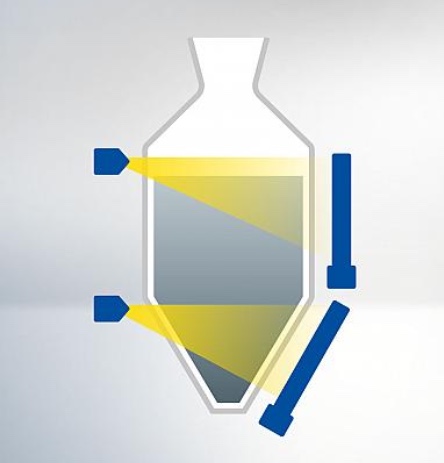Dec-2021
Shaping the future of refining with advanced technologies (ERTC)
The refining industry has a unique expertise, which is to process and convert multiple feedstocks made of highly complex molecules. Refining should think of its future by building on this unique know-how, aiming to provide low carbon fuels and chemicals needed by society, while decreasing its environmental footprint.
Jean Sentenac
Axens Group
Viewed : 6317
Article Summary
From now to 2030+, refineries will supply liquid fuels progressively lower in carbon intensity by increasing the use of new feedstocks, such as renewables, plastic waste and captured CO2, while integrating with other industries such as petrochemicals, biofuels and plastics recycling.
“Big-ticket items” such as heat integration, sustainable biofuels, first blue and then green hydrogen, petrochemicals and polymers including recycled plastics capabilities will play a key role.
To remain cash positive through this journey, reducing costs and energy consumption, optimising processes with digital tools, and maximising catalysts value will be a must. Operators can count on Axens to support this profound change with a wide portfolio of solutions and services:
Increase flexibility and competitiveness thanks to digitalisation and catalyst management
Our digital collaborative tool Connect’In® collects and analyses data with the highest standards of cyber security, and converts them into normalised KPIs dashboards using Axens high-fidelity models, enabling a highly flexible, proactive asset operation.
Through Orchestra™, we propose a wide range of catalyst management services, optimising catalyst change-out phases, reducing overall turnaround costs, and integrating specific needs like pool management or waste disposal.
Increase petrochemicals production
Petrochemicals production is a margin booster for refiners, as well as a hedge against fuel demand uncertainty. Axens provides innovative solutions for tailor-made refining-petrochemicals integration, from a gradual output increase with limited investment to crude oil-to-chemicals complexes.
Produce fuels with lower carbon footprint
Whether targeting co-processing of vegetable oils and fats (lipids) in an existing HDT unit or processing 100% lipids, Axens has experience in both. For co-processing, revamping solutions are designed to take into account all impacts related to lipids hydrotreating. For 100% lipids, industrially proven Vegan® technology is available for producing sustainable diesel and jet fuel through hydrotreatment.
Seize the opportunity offered by plastics recycling
Axens offers two solutions for chemical plastics recycling:
- “Rewind™ PET” involves a glycolysis-based PET depolymerisation combined with purification steps for impurities removal. The purified product is ready to produce again any type of PET. This process is developed together with JEPLAN and IFPEN, and scheduled to be ready for licensing by the end of 2022.
- “Rewind™ Mix”, developed by Repsol and IFPEN, removes impurities such as silicon, chlorine or metals from pyrolysis oil made with mixed plastic waste, relying on proven technologies with industrial catalysts. The obtained purified pyrolysis oil can be co-processed in a steam cracker.
Reduce CO2 emissions with CCS
(carbon capture and storage)
Capture and storage of CO2 present in syngas and flue gas is a major tool to limit CO2 emissions from refineries:
- AdvAmine™, a pre-combustion CCS technology, is provided in partnership with TotalEnergies backed by 60 years of operational experience in gas sweetening. For “blue hydrogen” through SMR, more than half of CO2 can be avoided with this technology.
- Axens is also developing a breakthrough technology for the post-combustion route called DMX™, requiring significantly less regeneration heat. For blue hydrogen, this technology will allow a much higher rate of CO2 avoided at 30% less cost.
Decrease NOx emissions of refining operations
Thanks to the acquisition in April 2021 of Flowvision, a company specialised in the reduction of nitrogen oxides in flue gas, Axens provides design and equipment for the entire scope of selective catalytic reduction (SCR) and selective non-catalytic reduction (SNCR) systems, integrated with its processes.
For more information contact: press@axens.net
----------
This short article originally appeared in the 2021 ERTC Newspapers, produced by PTQ / DigitalRefining.
You can view the Day 1 Newspaper HERE
You can view the Day 2 Newspaper HERE
Add your rating:
Current Rating: 4

















